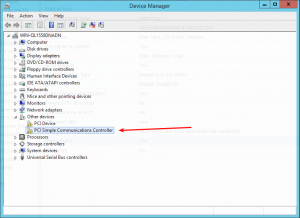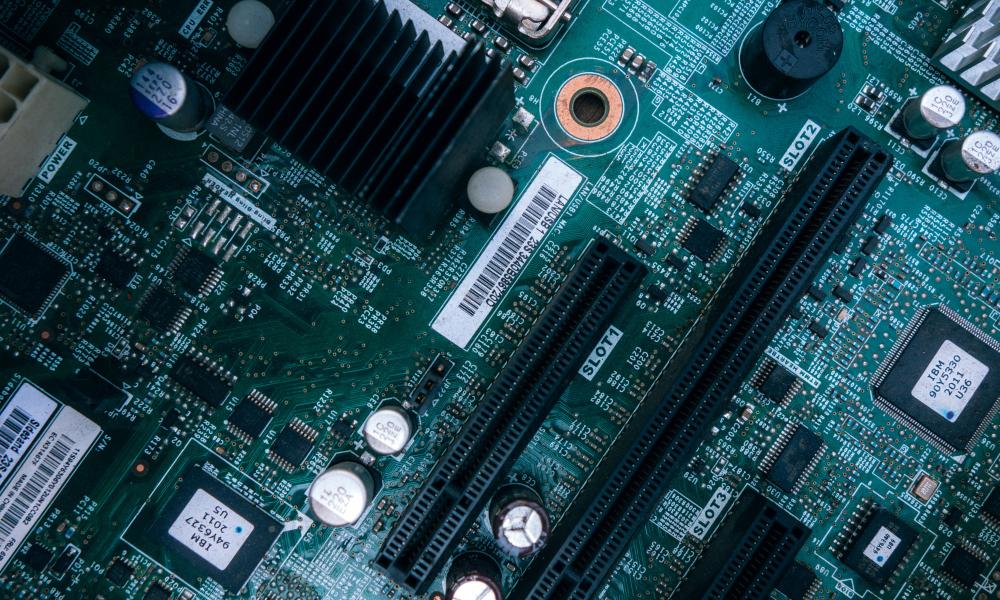The source for the Windows drivers is hosted in a repository on GIT hub. Anonymous users can clone the repository
You have placed the driver update image on a standard disk partition with an OEMDRV label or burnt the OEMDRV driver update image to a CD or DVD. Advanced storage, such as RAID or LVM volumes, may not be accessible during the driver update process.

git clone git://github.com/virtio-win/kvm-guest-drivers-windows.git
- The host’s network adapter is shared by a device driver that is installed by VirtualBox. The VM’s virtual network adapter can only be bridged to one physical network adapter at a time. If your system has more than one network adapter you need to choose which one to attach to.
- Since there is no INF file for UsbDk devices, Windows may fail to initialize the device (depending on implementation of bus driver). With this patch redirected devices show up in device manager as 'UsbDk device' which is better then 'Unknown Device' or 'Mass Storage Device' etc. Signed-off-by: Dmitry Fleytman redhat.com.


Binary Drivers
Binary drivers are provided by some Linux distributions including WHQL Certified drivers.
For example the binary drivers for Ubuntu can be found here.
Redhat Driver Version

64-bit versions of Windows Vista and newer (this currently includes Windows Server 2008, Windows 7, Windows 8, Windows Server 2008 R2 and Windows Server 2012) require the drivers to be digitally signed to load.
If your distribution does not provide binary drivers for Windows, you can use the package from the Fedora Project. These drivers are digitally signed, and will work on 64-bit versions of Windows:
Redhat Drivers
- Drivers should be signed for Windows 64bit platforms.
- Here are some links how to self sign and install self signed drivers:
Red Hat Drivers
